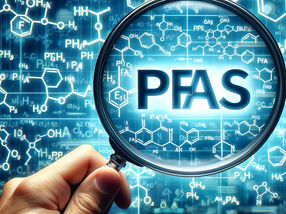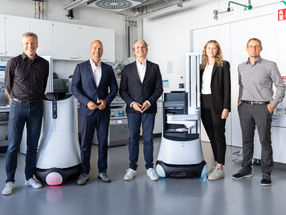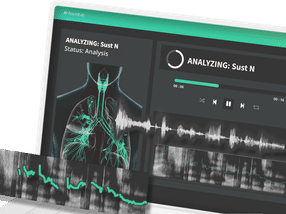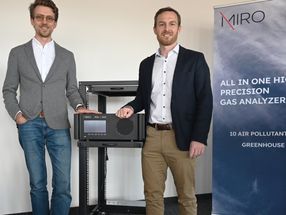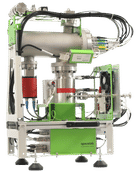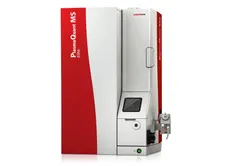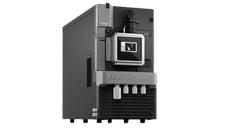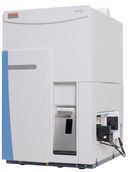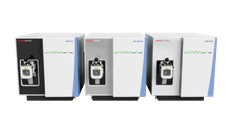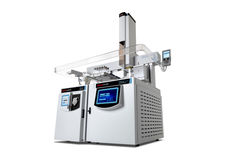NeoGenesis Pharmaceuticals Announces Major Breakthrough in Drug Discovery Technology
New technique for affinity measurement in mixtures of chemical compounds allows researchers to optimize drug leads with increased speed and greater mechanistic insight
Cambridge. NeoGenesis Pharmaceuticals, Inc. announced that they have demonstrated a new, powerful drug discovery technology for evaluating and optimizing the affinities of lead compounds for disease-associated protein targets.
In a study published in the Journal of the American Chemical Society, NeoGenesis researchers document how their mass spectrometry-based Automated Ligand Identification System (ALIS) is used to simultaneously determine the affinities of individual compounds from a chemical mixture. When a purified protein is combined with a mixture of compounds, then titrated by a competitor compound, the affinities of each mixture component can be read directly from the resulting ALIS mass spectrometer responses. In addition, the competition profiles indicate whether the compounds are binding to the same site on the protein as the competitor, or whether they are binding to a different, allosteric site.
"Traditional methods of evaluating protein-ligand interactions, such as biochemical or functional assays, cannot discriminate which specific component of a compound mixture is contributing to the assay's result," explained Allen Annis, Ph.D., vice president of new technologies at NeoGenesis and the lead author of the study being published today. "The ALIS method solves this classic problem, and for the first time enables researchers to scrutinize the affinity and binding behavior of each component of the compound mixture. This method yields easy-to-interpret curves, which are very familiar to a pharmaceutical researcher, and the affinities can be simply read from left to right."
Henry Skinner, Ph.D., president and CEO of NeoGenesis Pharmaceuticals, Inc., said, "We are very excited about this breakthrough in drug discovery technology. A major roadblock that has prevented combinatorial chemistry from living up to its promise of faster, easier drug discovery has now been removed. Compound mixtures can be used directly and effectively to support medicinal chemistry optimization."
NeoGenesis' ALIS system for combinatorial chemistry has been used successfully for several years as a powerful, proven tool for discovering lead compounds from mixtures of hundreds to thousands of compounds. But this new, patent-pending approach has revolutionized the capabilities of the system by yielding affinity and mechanism of action measures that can support medicinal chemistry optimization.
NeoGenesis demonstrated this technique using targets of current interest in the pharmaceutical field, including the "resting state" (basal) form of the protein kinase Akt-1, an oncology target; and a G protein-coupled receptor (GPCR). "Determining the binding site to an inactive form of a receptor is a challenging task using traditional biochemical assays, although that information is vital for determining structure-activity relationships" said Huw Nash, Ph. D., vice president of chemical biology at NeoGenesis and a co- author of the study. "Compounds that bound to the basal kinase were shown by ALIS to select a site allosteric with respect to the active site of the protein."
"This new approach also has been successfully applied to a number of disease targets for collaborative and internal drug discovery programs in all classes of protein target space," added Nash.
These products might interest you
See the theme worlds for related content
Topic World Mass Spectrometry
Mass spectrometry enables us to detect and identify molecules and reveal their structure. Whether in chemistry, biochemistry or forensics - mass spectrometry opens up unexpected insights into the composition of our world. Immerse yourself in the fascinating world of mass spectrometry!

Topic World Mass Spectrometry
Mass spectrometry enables us to detect and identify molecules and reveal their structure. Whether in chemistry, biochemistry or forensics - mass spectrometry opens up unexpected insights into the composition of our world. Immerse yourself in the fascinating world of mass spectrometry!










